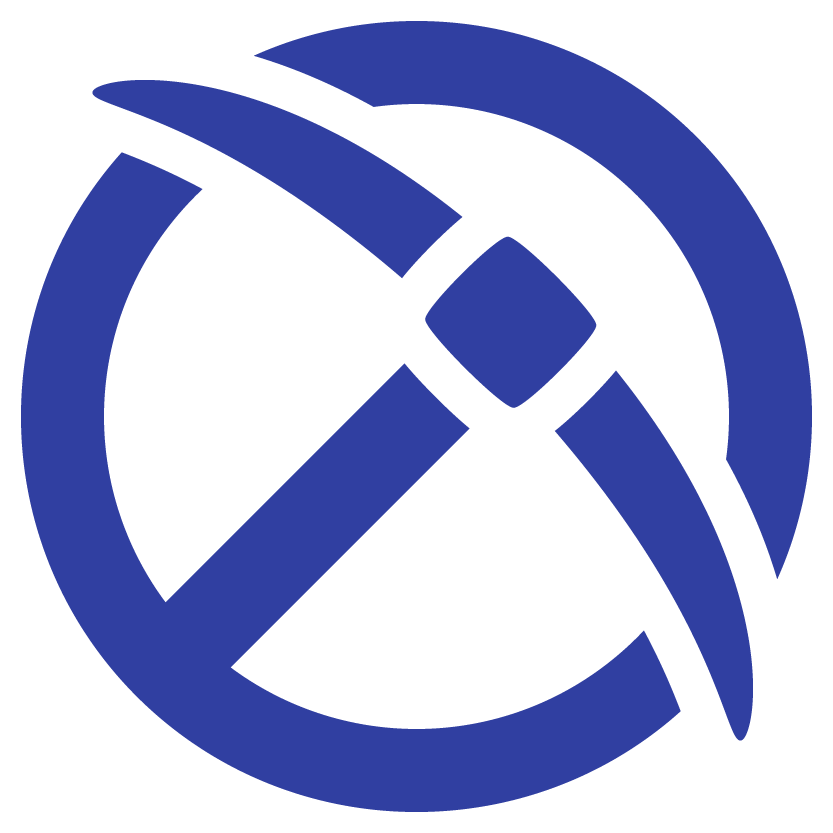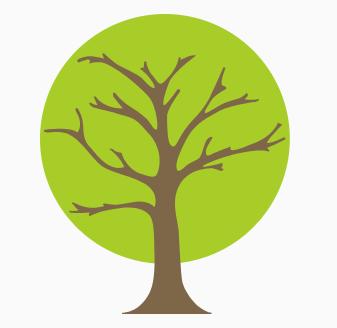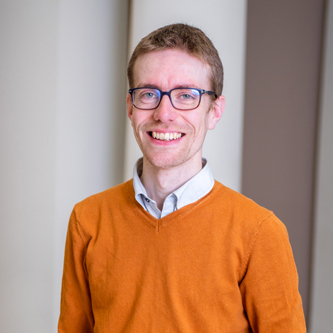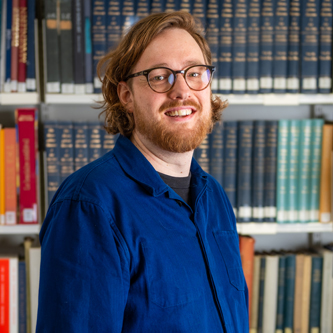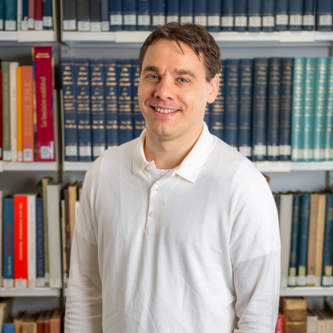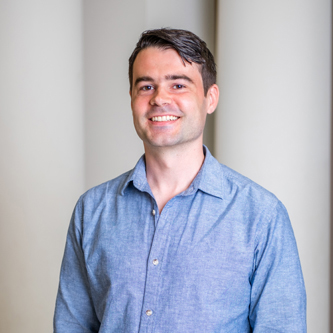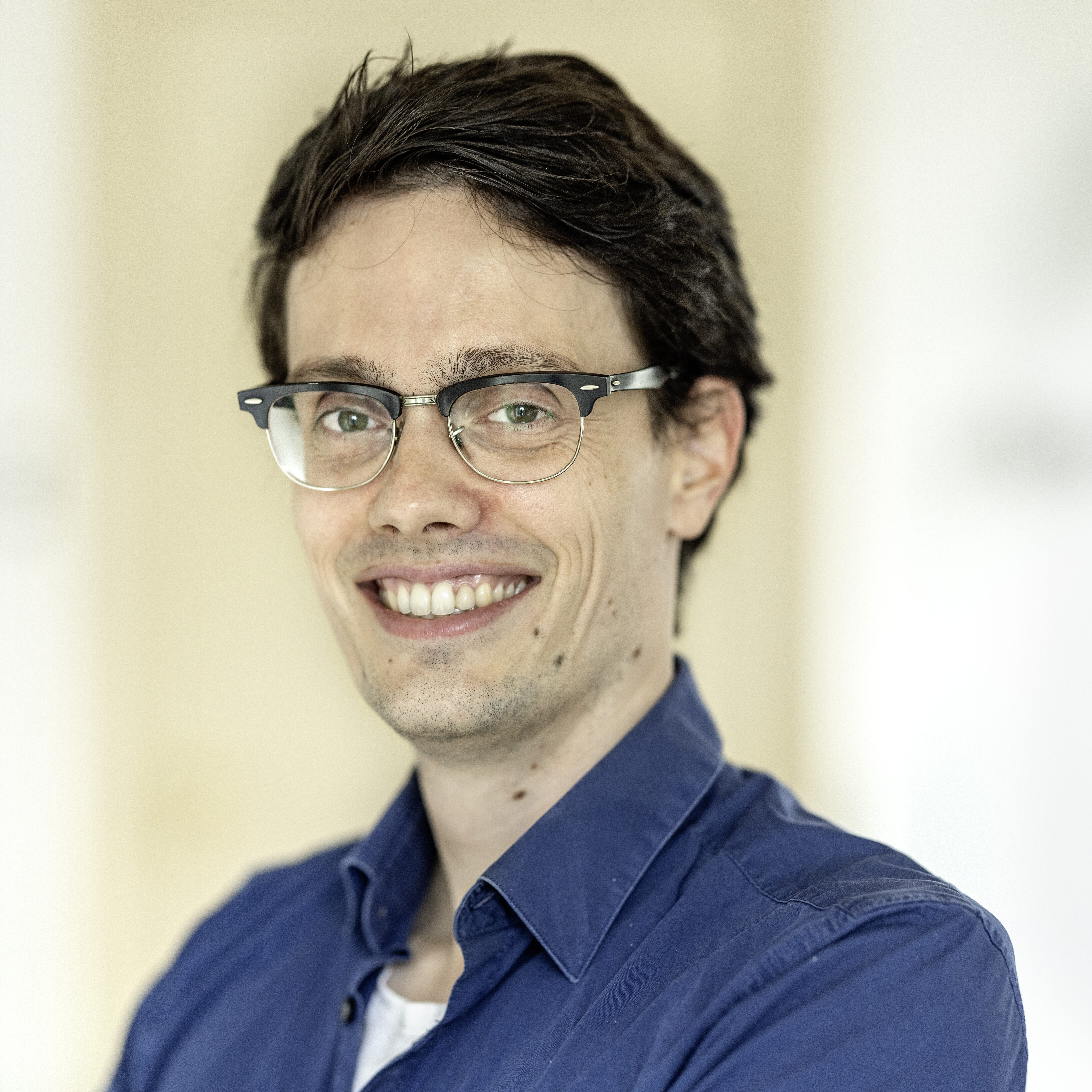Research Software Lab
The dedicated Research Software Lab (RS Lab) team consists of ten specialized developers who provide technical support by creating bespoke software solutions for research and education purposes. Their expertise spans a wide range of applications, including databases, visualizations, and text mining tools. Additionally, the RS Lab offers guidance on (the adaptation of) ready-to-use research software solutions. What sets our research software developers apart are their diverse humanities backgrounds in fields such as linguistics, history, musicology, and artificial intelligence.
The RS Lab is a member of the European Association for Digital Humanities and the global Association for Computers and the Humanities.
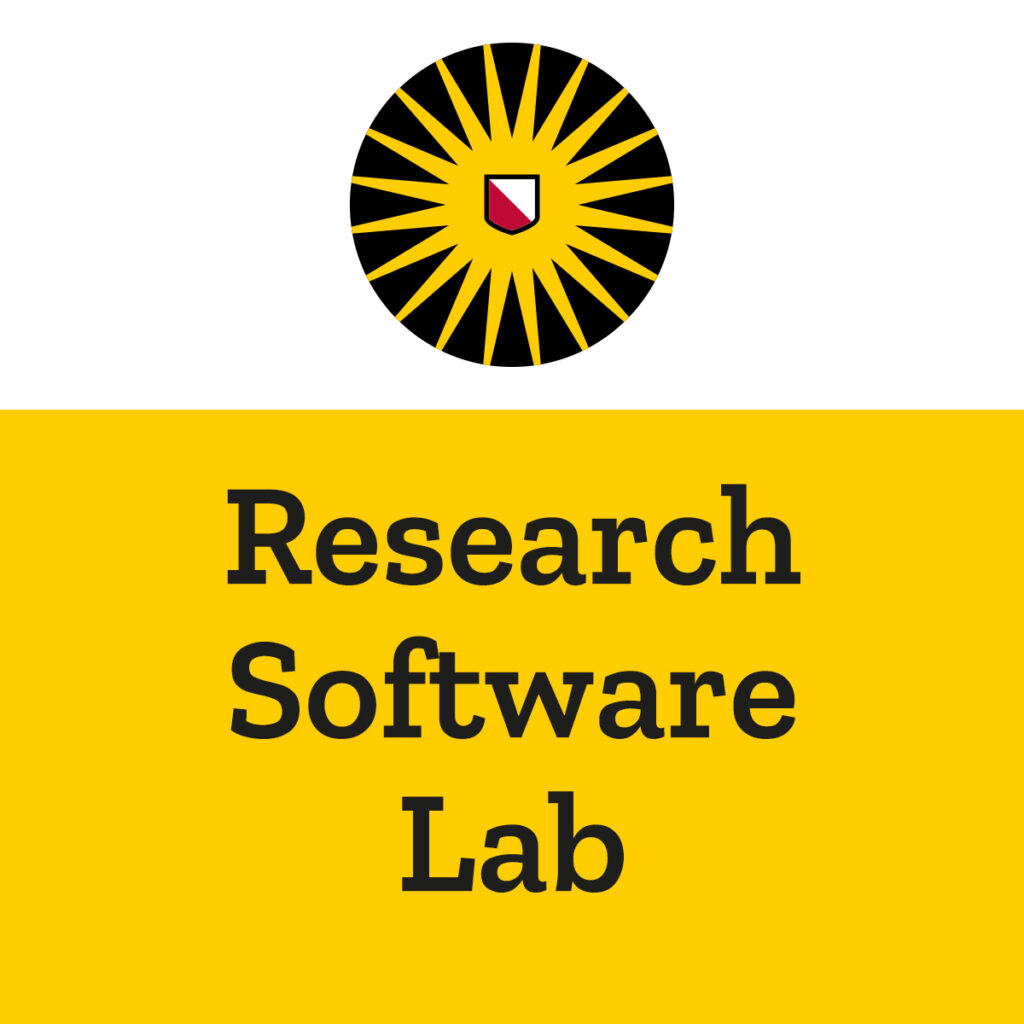
Services
Humanities researchers
The Research Software Lab (RS Lab) can advise on and assist humanities researchers with various inquiries:
- Are you in need of guidance regarding software solutions for your research?
- Are you interested in exploring available tools or discussing the possibility of developing custom software?
- Would you like a thorough review of your self-written code?
Humanities teachers
The Research Software Lab (RS Lab) can advise on and assist humanities teachers with:
- Effectively utilizing digital tools in your teaching;
- Suitable existing software for your course;
- Developing new tailor-made educational tools;
- Navigating large digitized full-text corpora;
- Creating, sharing, and archiving datasets securely.
Other researchers & organisations
The RS Lab primarily caters to researchers and teachers in the Faculty of Humanities at Utrecht University (UU). However, our team regularly supports staff from UU Faculty of Social and Behavioural Sciences and Faculty of Law, Economics and Governance as well.
We also welcome external researchers and organisations with a clear humanities connection, such as cultural institutions, universities, and museums, to submit their project ideas.
How do we work?
The RS Lab promotes the development of software solutions that offer wide-ranging interdisciplinary applicability and/or provide the research community with reusable building blocks. Throughout the development process, one or two research software engineers will collaborate closely with the scientific project team.
RS Lab offers different digital support in various forms: consultancy, small-scale development, and large-scale development. If funding is not yet secured, we can assist you in identifying suitable grant opportunities and formulating the technical component of your proposal to include our support.
Furthermore, researchers and teachers from the Faculty of Humanities at Utrecht University can apply for small-scale development projects free of charge. These projects could involve building a tool to support ongoing research, creating a simple web application to present research results, developing a plugin for existing software, or creating a standalone visualization or demo for a research proposal.
The majority of the work we do at RS Lab is supported by research funding. In this case, we strongly prefer to assist in writing the application. Once funding is secured, we can offer more involved long-term consultancy or work on large-scale software development projects. These projects are more wide-ranging and include online databases, text analysis tools, and interactive visualization applications. See also the full portfolio of the Research Software Lab.
FAIR principles
At Utrecht University, we emphasize the importance of applying the FAIR principles to our software: We strive for tools to be Findable, Accessible, Interoperable, and Reusable. The RS Lab subscribes to the adage “as open as possible,” promoting the use of free and open-source software. We believe this approach encourages widespread adoption, user contributions, and collaboration. Sharing code used in data processing and analysis not only enhances research verifiability, but also enables others to reuse data and make improvements.
Almost all of our software and source code is freely available through Github, and soon Ineo, the CLARIAH digital resources platform, and the Research Software Directory of the Netherlands eScience Center.
Portfolio
Team
Contact
The Research Software Lab is located at:
Drift 10 (rooms 3.07 & 3.08)
3512 BS Utrecht
If you are interested in collaborating with our development team, please contact us to schedule an appointment. You can also find us at the weekly Digital Humanities walk-in hour, which you can join in the Digital Humanities Workspace or online.


